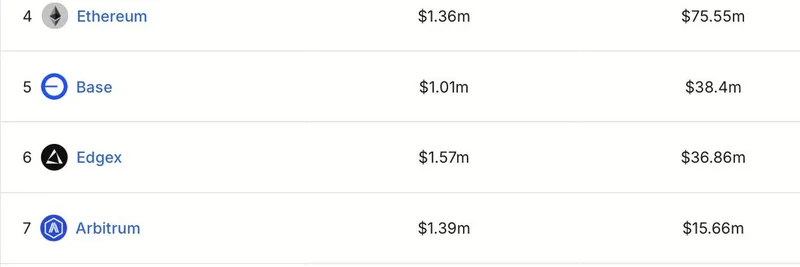In the fast-evolving world of cryptocurrency, clear regulations can make or break innovation. That's why tomorrow's meeting between tech heavyweight David Sacks and key Senate Republicans is generating buzz in the blockchain community. Sacks, known for his role in PayPal and his vocal support for crypto, is gearing up to discuss the Digital Asset Market Clarity Act—a Senate bill that's essentially the upper chamber's take on the House-passed FIT21 legislation.
For those new to the jargon, FIT21 stands for the Financial Innovation and Technology for the 21st Century Act. It's a framework designed to provide much-needed clarity on how digital assets are regulated in the U.S., splitting oversight between agencies like the SEC (Securities and Exchange Commission) and CFTC (Commodity Futures Trading Commission). The goal? To foster growth without stifling creativity, especially in areas like DeFi (decentralized finance) and tokenized assets.
According to a recent post on X by crypto commentator MartyParty (@martypartymusic), this closed-door session comes at a pivotal time. Bipartisan talks on crypto regs hit a snag after a near-government shutdown in late September 2025, compounded by Democratic concerns over a leaked proposal that some viewed as too harsh on developers and DeFi protocols. Sacks plans to highlight how the bill aligns with President Trump's January 2025 executive order on U.S. digital asset dominance. Delays, he argues, could push innovators to friendlier shores like Singapore or the UAE.
The meeting, set for the morning of October 22, 2025, involves GOP members of the Senate Banking Committee, chaired by Senator Tim Scott (@SenatorTimScott). Sacks aims to address hesitations from figures like Senator John Kennedy (@SenJohnKennedy), emphasizing the need to move the bill out of committee.
Adding to the day's momentum are a couple of roundtables. One bipartisan event features execs from Circle, Paxos, and Chainlink, focusing on stablecoins—digital currencies pegged to stable assets like the U.S. dollar—and how to integrate provisions from the GENIUS Act (passed in July 2025) for smoother fiat-to-crypto transitions. Another session, hosted by Senator Kirsten Gillibrand (@SenGillibrand), dives into ancillary assets and jurisdictional splits, with input from major exchanges like Coinbase and Kraken.
Senator Scott, a staunch ally of Sacks since their joint press conference in February 2025, echoed this sentiment on X today, stressing his commitment to "democratizing finance" through transparent rules.
This push couldn't come at a better time for the meme token ecosystem and broader blockchain space. With regulatory uncertainty often cited as a barrier for new projects, advancements like this could unlock more opportunities for creators and investors alike. If the bill gains traction, it might prevent the offshore exodus of talent and capital, keeping the U.S. at the forefront of digital innovation.
Stay tuned to Meme Insider for more updates on how these developments impact meme coins and the crypto market at large. Whether you're a seasoned trader or just dipping your toes into blockchain, understanding these regulatory shifts is key to navigating the future of digital assets.



